Japan's PM Addresses Assassin's Creed Shadows Controversy
Shigeru Ishiba, the Prime Minister of Japan, recently addressed concerns about Ubisoft's game, Assassin's Creed Shadows, during an official government conference. Contrary to some reports, his response was less confrontational than initially suggested. To provide a clear and accurate understanding of the situation, IGN collaborated with IGN Japan to translate and contextualize the exchange.
Ubisoft has faced criticism and issued multiple apologies leading up to the much-anticipated release of Assassin's Creed Shadows, particularly regarding the game's portrayal of Feudal Japan and its marketing strategies. The game's development team clarified that Assassin's Creed Shadows is meant to be a work of historical fiction rather than a factual depiction. Despite efforts to collaborate with historians and consultants, Ubisoft acknowledged that some promotional materials caused concern within the Japanese community, prompting an apology.
Further issues arose when Ubisoft used a flag from a Japanese historical re-enactment group in promotional artwork without permission, leading to another apology. Additionally, a collectible figure maker, PureArts, removed an Assassin's Creed Shadows statue from sale due to its depiction of a one-legged Torii gate, which some found offensive given its significant cultural and historical context.
Amidst this backdrop, the game's depiction of real-world locations, including shrines, has sparked debate. Japanese politician Hiroyuki Kada raised concerns during the conference, questioning whether the game's mechanics could encourage real-life vandalism or violence. He stated, "I fear that allowing players to attack and destroy real-world locations in the game without permission could encourage similar behavior in real life. Shrine officials and local residents are also worried about this. Of course, freedom of expression must be respected, but acts that demean local cultures should be avoided."
In response, Prime Minister Ishiba emphasized the need for legal discussions with relevant ministries, including the Ministry of Economy, Trade and Industry, the Ministry of Education, Culture, Sports, Science, and Technology, and the Ministry of Foreign Affairs. He stated, "Defacing a shrine is out of the question - it is an insult to the nation itself. When the Self-Defense Forces were deployed to Samawah, Iraq, we ensured they studied Islamic customs beforehand. Respecting the culture and religion of a country is fundamental, and we must make it clear that we will not simply accept acts that disregard them."
The context of this exchange is significant, as Japan has experienced a surge in overseas visitors post-pandemic, which has been linked to increased concerns about "over tourism" and vandalism. Kada's concerns were partly motivated by these issues, and he specifically mentioned the Itatehyozu Shrine in Himeji, within his constituency, which appears in the game without the shrine's permission.
While Vice Minister of Economy, Trade and Industry, Masaki Ogushi, indicated that government agencies would address the matter if the shrine sought consultation, no definitive action seems likely, especially given Ubisoft's proactive approach with a day-one patch. This patch, announced in Japan, aims to address some of the cultural sensitivities by making certain in-game items indestructible and reducing depictions of violence in shrines and temples.
Ubisoft faces significant pressure to succeed with Assassin's Creed Shadows globally, following delays and the commercial failure of Star Wars Outlaws. Despite these challenges, IGN's review of Assassin's Creed Shadows was positive, awarding it an 8/10 and praising its refined open-world mechanics.
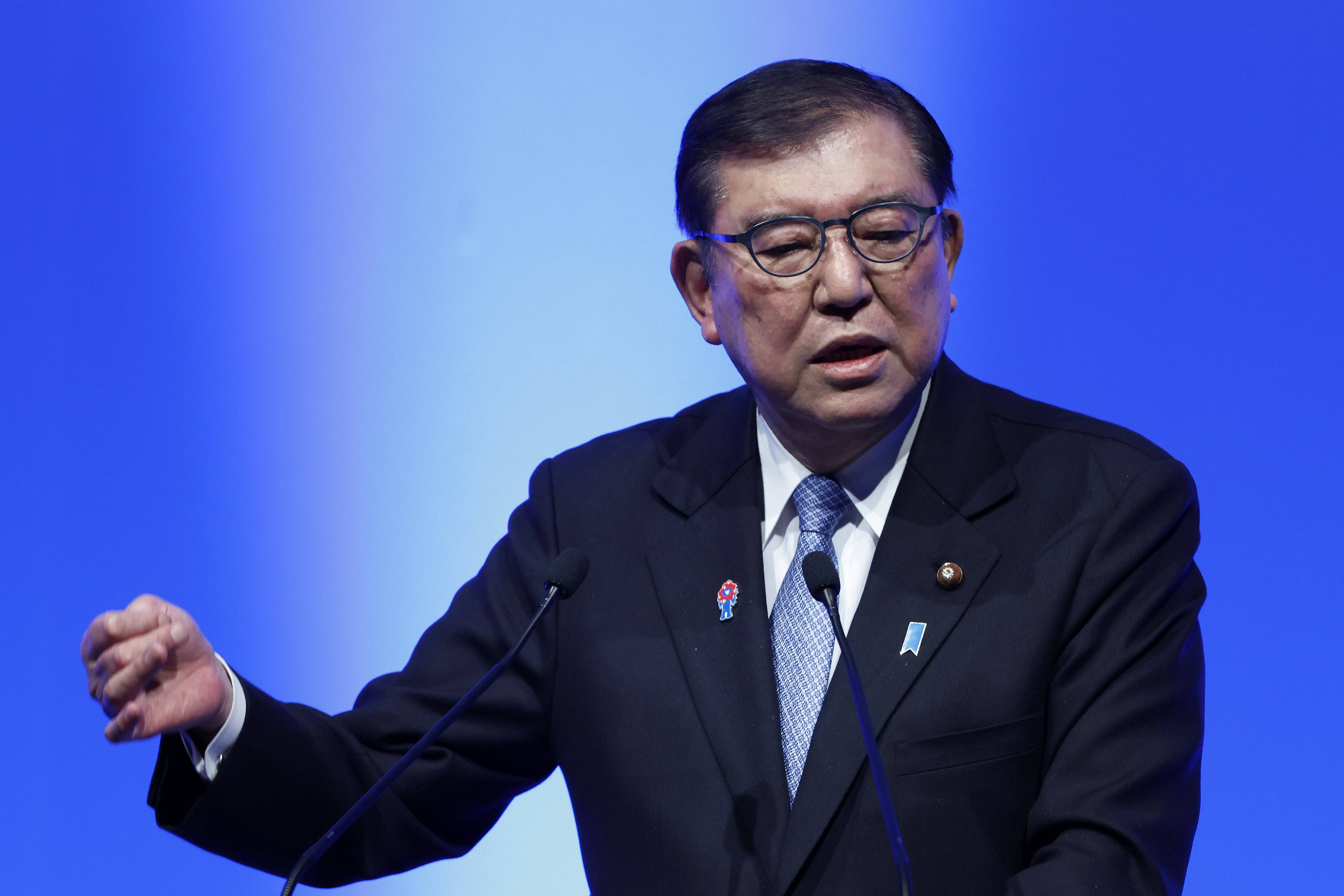
The Complete Assassin's Creed Timeline
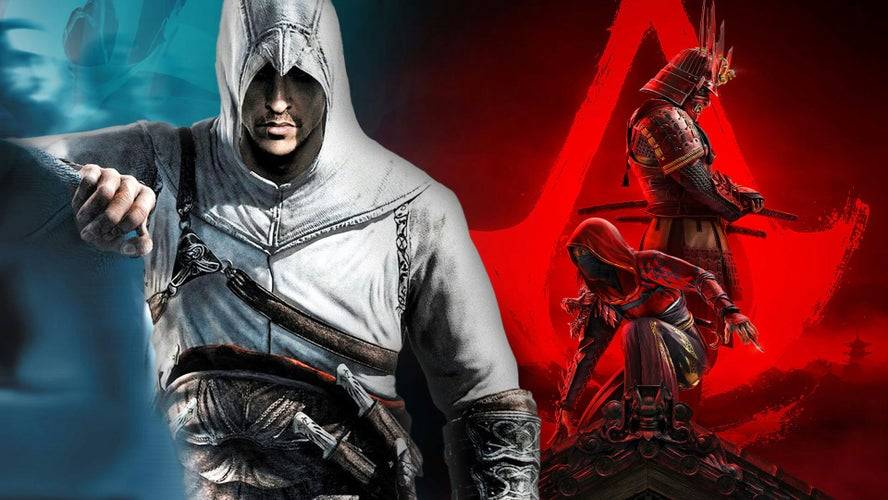
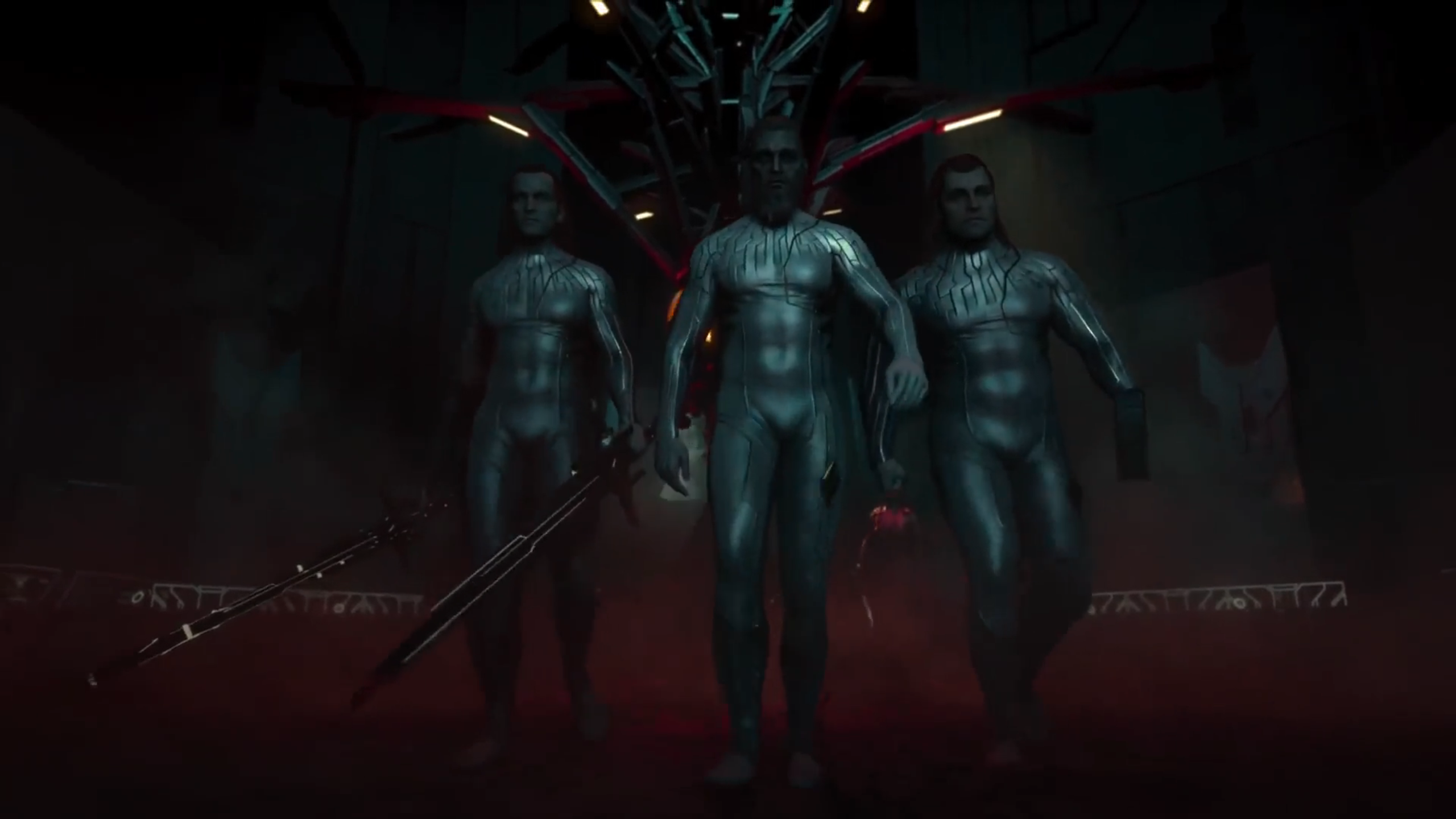 25 Images
25 Images
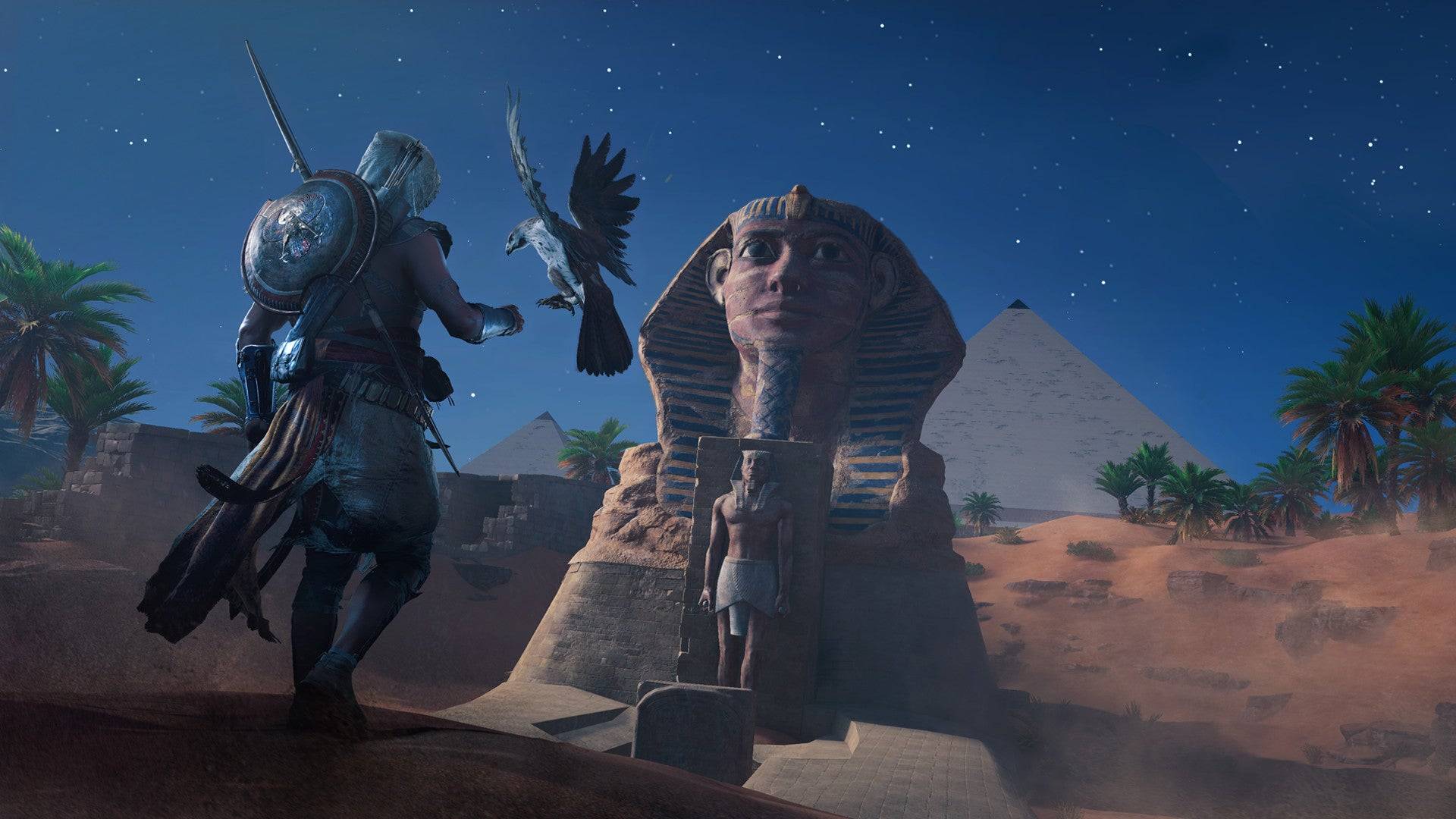
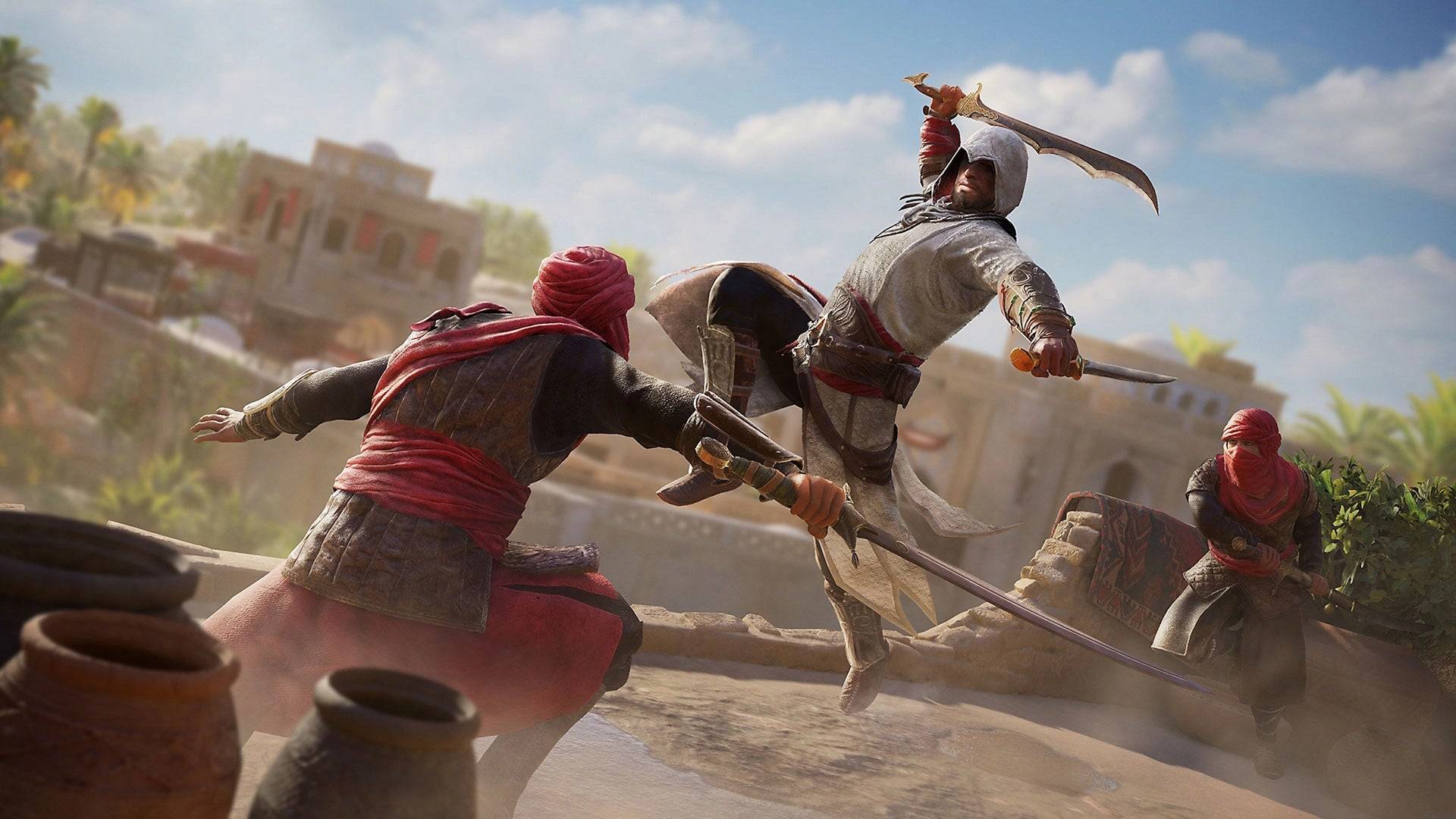

-
 Feb 20,25Where to Preorder the Samsung Galaxy S25 and S25 Ultra Smartphones Samsung's Galaxy S25 Series: A Deep Dive into the 2025 Lineup Samsung unveiled its highly anticipated Galaxy S25 series at this year's Unpacked event. The lineup features three models: the Galaxy S25, S25+, and S25 Ultra. Preorders are open now, with shipping commencing February 7th. Samsung's web
Feb 20,25Where to Preorder the Samsung Galaxy S25 and S25 Ultra Smartphones Samsung's Galaxy S25 Series: A Deep Dive into the 2025 Lineup Samsung unveiled its highly anticipated Galaxy S25 series at this year's Unpacked event. The lineup features three models: the Galaxy S25, S25+, and S25 Ultra. Preorders are open now, with shipping commencing February 7th. Samsung's web -
 Jan 27,25Roblox: Bike Obby Codes (January 2025) Bike Obby: Unlock Awesome Rewards with These Roblox Codes! Bike Obby, the Roblox cycling obstacle course, lets you earn in-game currency to upgrade your bike, buy boosters, and customize your ride. Mastering the various tracks requires a top-tier bike, and thankfully, these Bike Obby codes deliver
Jan 27,25Roblox: Bike Obby Codes (January 2025) Bike Obby: Unlock Awesome Rewards with These Roblox Codes! Bike Obby, the Roblox cycling obstacle course, lets you earn in-game currency to upgrade your bike, buy boosters, and customize your ride. Mastering the various tracks requires a top-tier bike, and thankfully, these Bike Obby codes deliver -
 Mar 04,25The Godfeather swoops onto iOS, pre-registration open now! The Godfeather: A Pigeon-Fueled Mafia War Arrives on iOS August 15th! Pre-register now for The Godfeather: A Mafia Pigeon Saga, a roguelike puzzle-action game launching on iOS August 15th! Evade the Pidge Patrol, unleash your avian arsenal (ahem, droppings), and reclaim the neighborhood from both h
Mar 04,25The Godfeather swoops onto iOS, pre-registration open now! The Godfeather: A Pigeon-Fueled Mafia War Arrives on iOS August 15th! Pre-register now for The Godfeather: A Mafia Pigeon Saga, a roguelike puzzle-action game launching on iOS August 15th! Evade the Pidge Patrol, unleash your avian arsenal (ahem, droppings), and reclaim the neighborhood from both h -
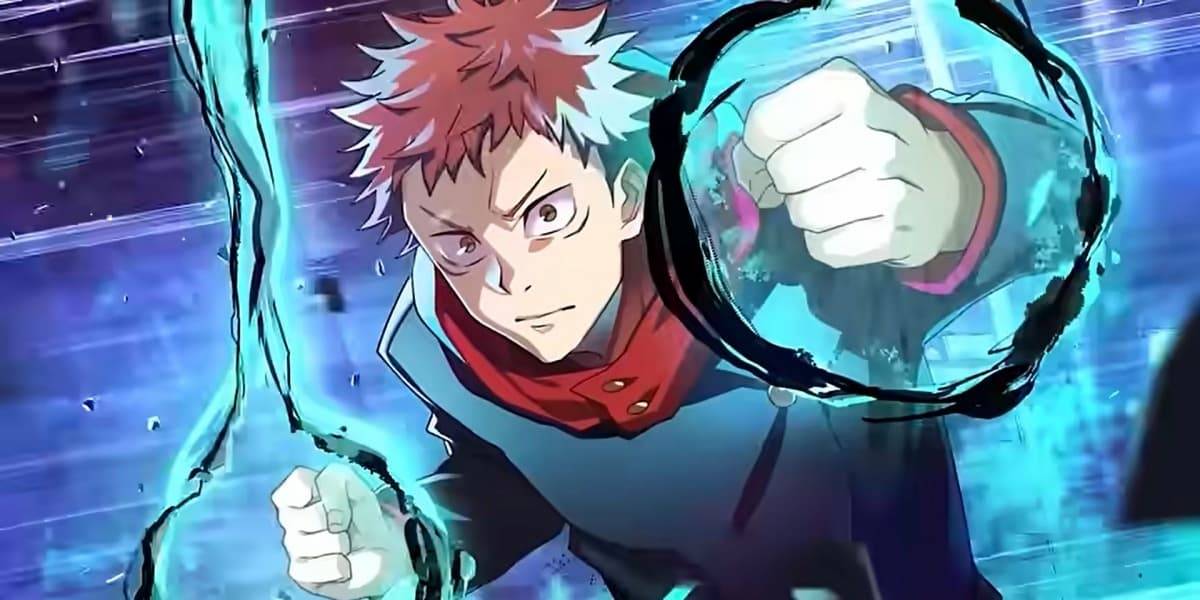 Jan 11,25Jujutsu Kaisen Phantom Parade: Tier List Revealed This Jujutsu Kaisen Phantom Parade tier list helps free-to-play players prioritize character acquisition. Note that this ranking is subject to change with game updates. Tier List: Tier Characters S Satoru Gojo (The Strongest), Nobara Kugisaki (Girl of Steel), Yuta Okkotsu (Lend Me Your Stren
Jan 11,25Jujutsu Kaisen Phantom Parade: Tier List Revealed This Jujutsu Kaisen Phantom Parade tier list helps free-to-play players prioritize character acquisition. Note that this ranking is subject to change with game updates. Tier List: Tier Characters S Satoru Gojo (The Strongest), Nobara Kugisaki (Girl of Steel), Yuta Okkotsu (Lend Me Your Stren
